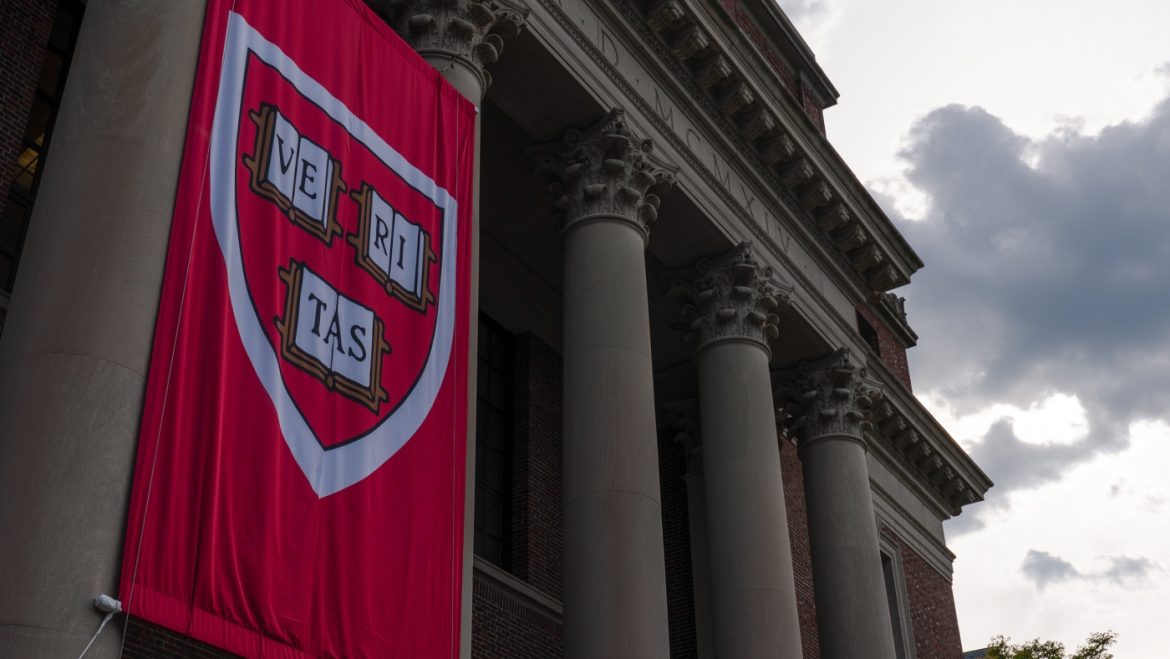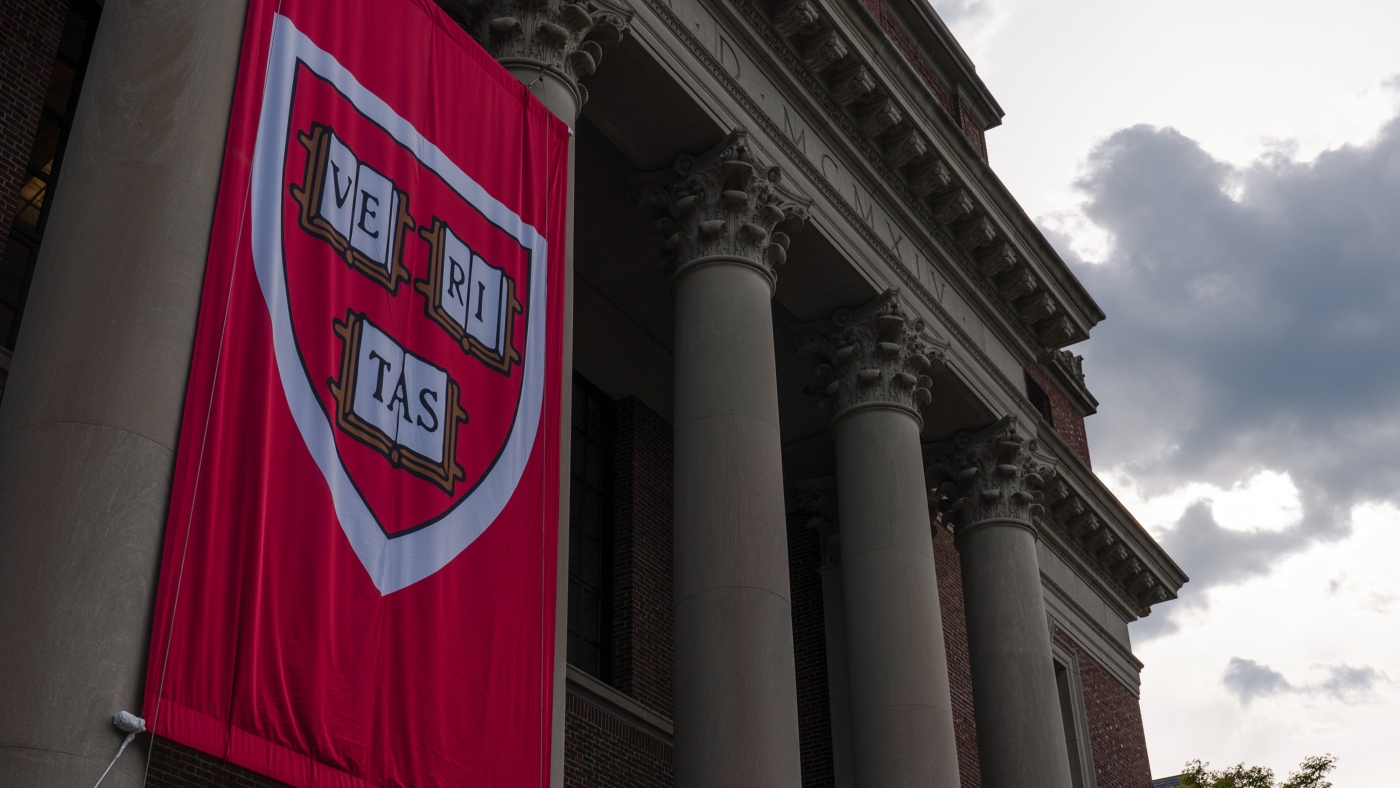The Clash Over Harvard’s International Student Enrollment: A Legal and Political Analysis
The recent confrontation between Harvard University and the Trump administration over the enrollment of international students marks a significant chapter in the ongoing tensions between elite academic institutions and governmental authority. The rapid legal developments, culminating in a federal judge blocking the administration’s effort to bar Harvard from enrolling foreign students, illuminate complex intersections of law, politics, and the future of international education in the United States.
Background: The Government’s Move Against Harvard
The controversy began when the Department of Homeland Security (DHS) moved to terminate Harvard’s certification that authorizes the university to enroll international students. This termination effectively barred Harvard from admitting new and continuing international students, a considerable blow to the university’s academic community, given that these students represent a substantial portion of its population. The DHS action framed this move as a response to various allegations against the university, including insufficient efforts to address antisemitism on campus and purported coordination with the Chinese Communist Party in ways deemed problematic by the administration.
However, Harvard branded the government’s action as retaliatory and unconstitutional, framing it in terms of political retribution for the university’s refusal to comply with certain White House demands. The university filed a lawsuit swiftly to challenge the DHS decision, highlighting the devastating impact such a ban would have not only on the international students themselves but on the institution’s identity and mission.
The Judicial Response: Temporary Restraining Order and Injunctions
Central to this saga is U.S. District Judge Allison D. Burroughs, who promptly issued a temporary restraining order, halting the Trump administration’s efforts. This judicial intervention affirmed the immediate necessity of preventing irreparable harm pending a full hearing. Judge Burroughs’ rulings underscore judicial checks on executive overreach, especially where claims involve constitutional rights—in this case, primarily the First Amendment.
The court’s willingness to extend preliminary injunctions in favor of Harvard indicates recognition of potential constitutional violations. According to the university, the administration’s action was arbitrary, unilateral, and retaliatory, a narrative the court evidently found strong enough to warrant blocking the government’s punitive measures temporarily.
Legal and Constitutional Dimensions
The dispute touches on several vital legal themes. Foremost is the First Amendment claim, which Harvard asserts was violated because the government was effectively punishing the university for its speech and policy positions. Using administrative powers to coerce compliance with political demands risks infringing on the independence and free expression of academic institutions.
Additionally, the procedural validity of DHS’s termination of Harvard’s certification raises issues of administrative law. Harvard’s argument frames the agency’s decision as lacking justification and proper process, which courts scrutinize carefully to ensure fairness and prevent abuse of discretion.
This clash also reveals the tensions inherent in immigration and visa policies affecting international students. Universities rely heavily on these programs for cultural diversity, innovation, and global collaboration. Abrupt policy shifts, particularly those motivated by political considerations rather than educational criteria, create uncertainty and potentially damage U.S. global academic leadership.
Broader Political and Educational Implications
This confrontation is a microcosm of the broader contentious relationship between the Trump administration and various elite American institutions. The government’s targeting of Harvard symbolizes an attempt to exert influence over academic freedom and institutions perceived as insufficiently aligned with its political agenda.
For international students, policies such as these introduce instability and fear, jeopardizing their educational opportunities and, by extension, the international pipeline of talent vital to American universities and the economy. Furthermore, the reputational impact on Harvard and other institutions caught in similar battles may deter prospective students and scholars globally.
Harvard’s Position and Institutional Response
Harvard’s immediate legal action and public statements underscore how crucial international students are to its community. Harvard’s president emphasized that without its international population, the university would fundamentally lose its character and vitality. The institution has vehemently denied allegations related to antisemitism and inappropriate foreign influence, framing the government’s move as unsubstantiated and part of a broader pattern of politically motivated reprisals.
In parallel, Harvard and allied universities have engaged in rallies and public advocacy, emphasizing the importance of protecting international students’ rights and maintaining academic openness. These collective responses underscore the educational sector’s resistance to politicization of immigration enforcement tools.
The Path Forward: Potential Outcomes and Lasting Effects
The ongoing litigation will determine whether Harvard can continue enrolling international students amid this political storm. Should the courts eventually side with the government, it could set a precedent for more aggressive executive interventions in university admissions and visa certifications. On the other hand, a judicial affirmation of Harvard’s position may reinforce protections against politicized agency actions and solidify international student presence in U.S. higher education.
Beyond the case itself, the confrontation signals to universities across the nation the importance of legal and public readiness against governmental policies that threaten academic and institutional autonomy. It also raises broader questions about how immigration policy intersects with education and national security concerns, a debate likely to evolve with future administrations.
—
Conclusion: A Crucial Legal Victory Amid Larger Political Turbulence
The federal judge’s blocking of the Trump administration’s effort to bar Harvard from enrolling international students represents more than a win for one university—it is a reaffirmation of judicial oversight in maintaining constitutional safeguards against retaliatory governmental actions. This episode encapsulates the delicate balance between immigration enforcement and protecting academic freedom, highlighting the essential role international students play within American universities.
This case will undoubtedly leave a lasting imprint on how administrations engage with institutions of higher learning and manage policies affecting foreign students. It stands as a testament to the resilience of legal mechanisms in upholding rights amidst politically charged environments and a reminder of the broader significance of fostering inclusive, global academic communities.


